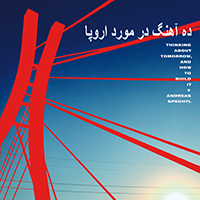ANDREAS SPECHTL
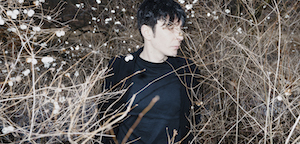
They say that the avant-garde moves faster than light and therefore has to travel under cover of darkness, flying blind, destination unknown. No milestones, no junctions, absolutely no route maps. Ultimately, this only becomes apparent in retrospect, when the light slowly catches up and illuminates the way.
Little of today's realpolitik-related gloom casts its shadow over "Strategies", the new album by restless avant-garde auteur Andreas Spechtl. On the contrary. Whereas the two preceding albums "Sleep" and "Thinking About Tomorrow (And How To Build It)" documented quietly intimate, personal journeys along the margins of Europe or Iran, casting a sceptical eye on neoteric political shifts, "Strategies" is an altogether more explosive affair, buzzing with beats, effervescent with the energy of techno, dance, a celebration of resistance.
The sense of unease engendered by global politics has given way to a new sense of self, to new strategies, an eagerness to escape into ecstasy, madness, anarchy. Right from the word go, as the first melodies take shape, as the first lines unfold, even as quiet, intimate moments from prior recordings linger on, a piano fades away, a saxophone passes by and then the beats kick in — an almost anthemic "yes, we will change the world / because we've done so / many times before" sets the euphoric tone for the rest of the album.
And oh, the voice! Following its disappearing act on the previous discs, it returns here on a wave of charming dandyism, dancing, screaming, whispering, moaning, striding unwaveringly, casually, aggressively, through techno, tribal and disco beats, scanning lyrics whose palpable, newly-gained coolness might just be a universal antidote against the world's political vacuum, contagious and infectious, nowhere more nonchalant than on The Separate,congenially paraphrasing Max Weber to hit the post-democratic politics of youthful, dynamic, neo-liberal suits firmly on the head, "drilling black holes" as it were. A voice which suddenly switches to Spanish on When We Were Young, joined by Anna Seghers as a ghostly witness of the great European Victim Myth. Confronted with one's past, one cannot take all of them on, uttering in near derisive tones "abre la puerta / està golpeando europa", recalling not only displaced spirits — less than a century ago it was the Europeans who were fleeing across the world — but also the fact that the "world wide wall" was already deployed back then. Communist refugees were denied entry to the USA not so very long ago. It was a different story in Mexico, where the album was actually written — in Santiago de Querétaro, not far from Mexico City. It was crafted mostly on a modular system and two synthesizers, without VST or digital equipment, the computer downgraded to the status of a mere multitrack recording device. The depth of these analogue sounds can clearly be detected throughout the sonically cogent album, with no hint of digital calibration. In fact, one might think these songs had been created in the course of one fantastic session by one big orchestra (out of tune here and there).
Read the info sheet (PDF) in GermanRead the info sheet (PDF): English
Download press kit here
MUSIC
TOUR DATES
no tour dates at the momentBUY
PICS

Click for Hi-Res version
Credit: Simon Hegenberg
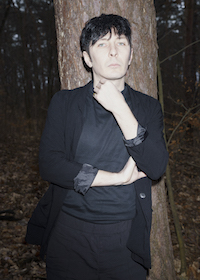
Click for Hi-Res version
Credit: Max Zerrahn
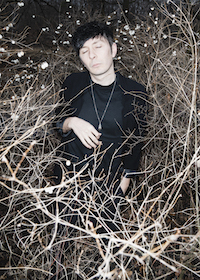
Click for Hi-Res version
Credit: Max Zerrahn

Click for Hi-Res version
Credit: Max Zerrahn
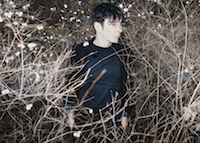
Click for Hi-Res version
Credit: Max Zerrahn
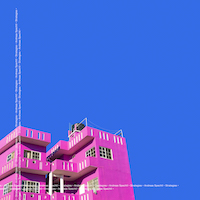
Click for Hi-Res version
